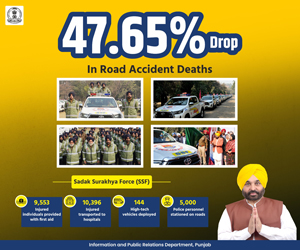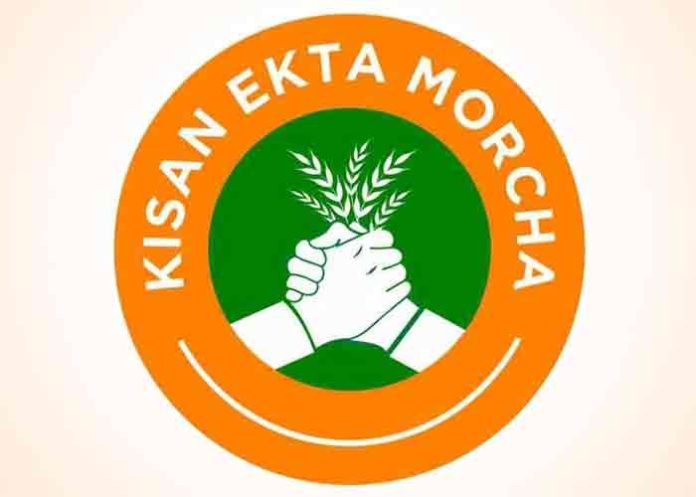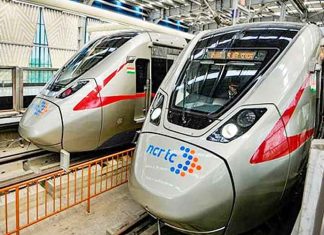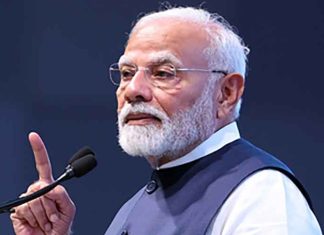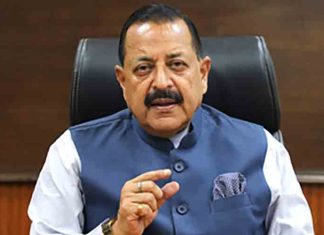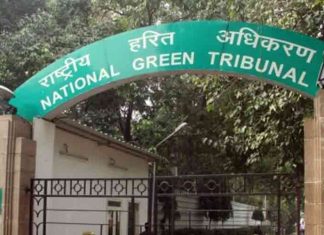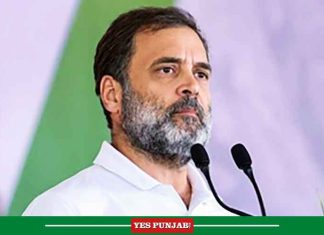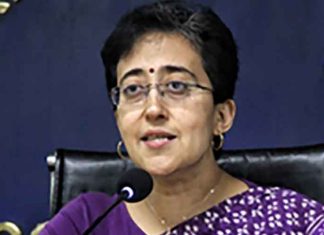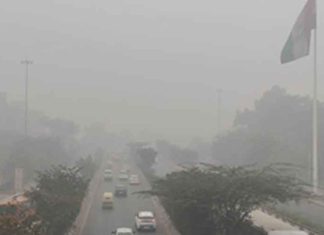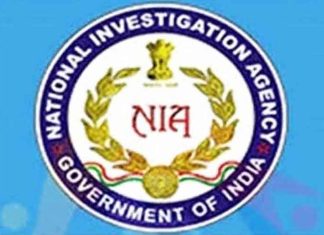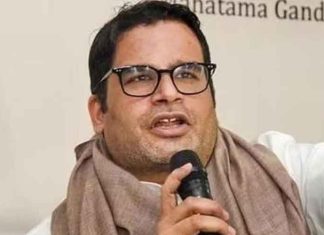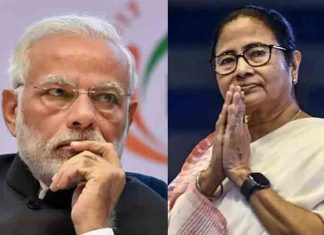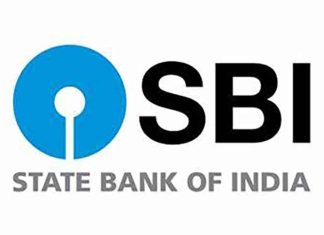New Delhi/Chandigarh, 3rd January, 2025 (Daljeet Kaur)
Samyukt Kisan Morcha (SKM) accused the newly introduced National Policy Framework on Agriculture Marketing (NPFAM) Framework of the NDA3 Government as more dangerous than the 3 repealed Farm Acts of the NDA2 Government.
The Policy Framework, if implemented will erode the federal rights of the State Governments and destroy the interests of the farmers, agricultural workers, petty producers and small traders since there is no provision to ensure MSP and Minimum Wage to farmers and workers respectively.
The main proposal is fundamental restructuring of the existing agricultural marketing system, proposing its transformation into a Unified National Market (UNM) linked to a Value Chain Centric Infrastructure (VCCI).
The objective is the entry of Corporate Agribusiness to convert 7057 registered markets and 22931 Grameen Haats across India to be integrated with Digital Public Infrastructure. This proposal aligns closely with the perspectives of the World Bank and International Finance Capital (IFC) regarding the value chain as “the full range of value adding activities required to bring a product or service through the different phases of production including procurement of raw materials and other inputs”.
This is precisely the goal outlined in the NPFAM: to integrate agricultural production and marketing in a way that prioritizes corporate interests over the welfare of small producers and farmers.
The proposed reforms are aimed at redesigning a value chain-based capacity-building framework to integrate both the private and public sectors through advanced technologies such as Digital Public Infrastructure (DPI), blockchain, machine learning, and artificial intelligence (AI). However, these reforms also propose deregulation, effectively allowing the private sector—specifically, corporate agribusinesses—to establish dominance over production, processing, and marketing.
Farmer Producer Organizations (FPOs) are envisioned as key players in this system, tasked with bypassing middlemen and traders to ensure a smooth and direct supply of raw materials to corporate industries, trade, and export channels. This approach risks consolidating control within large corporations, potentially marginalizing small producers and limiting their bargaining power in the market.
The root cause of the acute income crisis faced by farmers cannot be resolved through technical reforms alone such as value chains or block chain technology. The agrarian crisis is fundamentally social and political, stemming from class contradictions. Farmers produce raw materials that enter markets controlled by processing industries, trade houses, and exporters, who in turn dictate the prices.
However, the policy document fails to address any provisions that would hold these corporate forces— including processors, traders, and exporters— accountable for sharing a fair portion of the surplus they extract from the market.
There is no mention of ensuring a remunerative minimum support price (MSP) for farmers, which was a central recommendation of the National Commission on Farmers (NCF), chaired by the late M S Swaminathan, and currently a key issue in the national political discourse.
The proposed reforms seek to encroach upon the rights of State Governments over agriculture, land, industry, and markets—areas that fall under the State list as per the Constitution of India.
The National Policy Framework on Agricultural Marketing (NPFAM) is not a stand-alone initiative but is deeply intertwined with other pro-corporate reforms, including the Goods and Services Tax (GST) Act, the Digital Agriculture Mission, the National Cooperation Policy, Imposing 4 Labour Codes and the One Nation One Election Bill, among others.
The NDA3 Government led by the BJP-RSS combine – under the influence of corporate forces and the World Bank – through the NAMP has proposed to erode the federal rights of State Governments.
The policy facilitates the domination and control of multinational corporations (MNCs) and International Finance Capital over domestic agricultural production and the food industry, thereby threatening India’s food security and compromising its sovereignty with the slogan of “One Nation One Market”.
It is crucial for all political parties to clarify their stance on the proposed NPFAM, as it has the potential to transform India from a Federal Republic of Union Government with autonomous State Governments into a Unitary Nation, with an authoritarian Central Government with subordinate State Governments under the control of corporate interests and international finance capital.
SKM congratulates the Punjab State Government and the Chief Minister Bagwant Mann for rejecting the NPFAM. SKM appeals all State Governments and the Chief Ministers including those belongs to NDA to reject the same and demand democratic discourse involving all the stockholders including farmers, workers, petty traders, industrialists and exporters to develop alternative policy framework afresh based on cooperation of farmers and petty producers that will safeguard the interests of the people and the country.
Kisan Mahapnachayts at Tohana in Haryana and Moga in Punjab on 4th and 9th January 2025 respectively will adopt resolutions to unleash unfailing mass struggles till the repeal of NPFAM.



